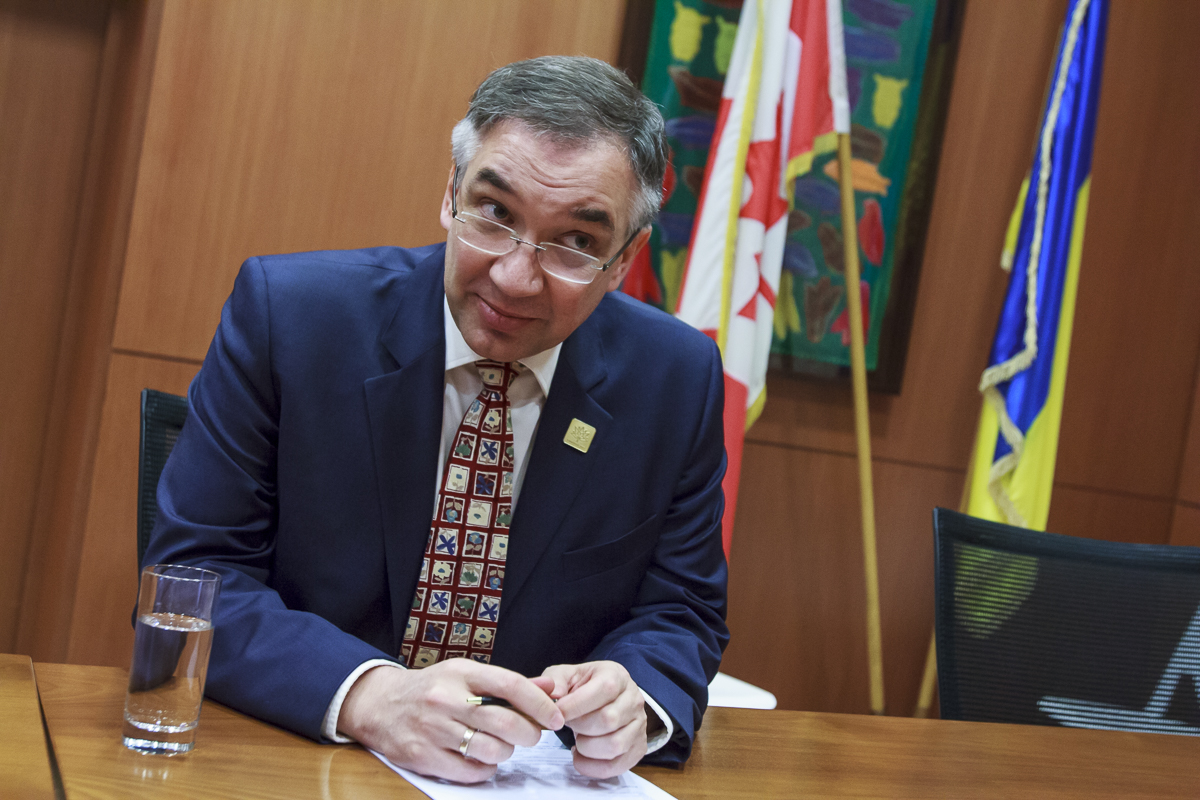Ukraine's Verkhovna Rada passed a bill in its first reading to restart asset declaration requirements for officials, which were suspended after Russia's invasion.
The move comes after calls from G7 ambassadors in February and support from President Volodymyr Zelenskyy for renewing declarations.
According to Ukrinform, the law would require officials to file 2021-2022 declarations within 90 days of taking effect. Military personnel in occupied territories or active combat zones would be exempt until returning to duty stations.
The bill also restores the National Agency on Corruption Prevention's (NAZK) authority to verify disclosures and lifts controversial exemptions on declaring residences during wartime.
However, the draft maintains some access limits, like anonymizing locations of declared property. The sponsors say this balances transparency and security needs but plan to push for fuller access in the second reading.
Additionally, the bill streamlines declaration filing and pulls data from other registries automatically. On rental property, officials wouldn't need to declare items worth under around UAH 130,000 ($3,520) over the full rental term.
The adoption comes despite Ukraine's Defense Minister Reznikov earlier stating that e-declarations would be resumed after the end of the war with Russia.
Experts claim corruption has flourished during war due to pause in asset declaring
Prior to the vote, legal experts have strongly advocated for Ukraine to reinstate electronic asset declaration requirements for officials, which have been suspended since Russia's invasion, to secure further IMF loans and maintain EU candidacy progress.
Legal adviser Anatoliy Pashynskyi explains that e-declarations were justifiably halted under martial law in March 2022 when fighting neared Kyiv. However, with most government agencies now functioning, lacking declarations risks Ukraine's IMF financing and EU integration gains.
Pashynskyi details that an IMF memorandum in March made renewed declarations from non-mobilized officials a prerequisite for further assistance.
Moreover, a June EU evaluation found Ukraine has fully met just 2 of 7 benchmarks for EU candidacy. On anti-corruption efforts, the EU said "further systemic steps" are required, including relaunching e-declarations.
The IMF expects declaration renewal by late July to release further aid, which Pashynskyi calls an important budget funding source during war. Without progress, additional financing may be jeopardized.
Likewise, Pashynskyi argues ignoring EU calls to renew the e-system could adversely impact Ukraine's prospects and timeline for accession. An October EU report will assess if Ukraine has satisfactorily met conditions.
What are Ukraine's e-declarations?
Ukraine's electronic asset declaration system was launched in 2016. It requires top officials and their family members to publicly disclose their incomes, property, valuables, and expenditures online.
Over 370,168 declarations were submitted in 2021, before Russia's invasion, by officials including the President, Prime Minister, MPs, and judges.
Ukraine’s elite-exposing e-declarations, explained | #UAreforms
The e-declarations aim to increase transparency and identify unexplained wealth, luxury assets, or lifestyles exceeding an official's government salary. The declarations include details on cash holdings, real estate, cars, loans, and more.
This new e-system was demanded by the EU and IMF as part of anti-corruption reforms needed for Ukraine to qualify for a visa-free regime. However, its launch was sabotaged multiple times by some officials.
The declarations are now publicly accessible online. Ukraine's National Agency for Corruption Prevention analyzes them to identify and investigate discrepancies between incomes and expenditures or undeclared assets. The Agency's website contains a publicly accessible register of the declarations, which enables their analysis by journalists and activists.





